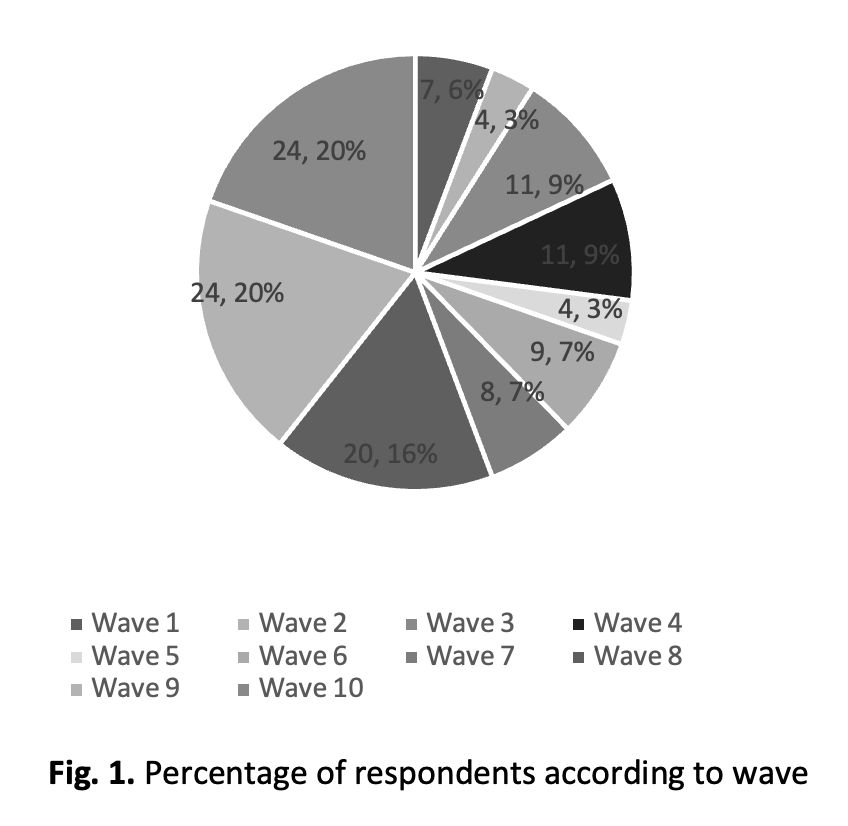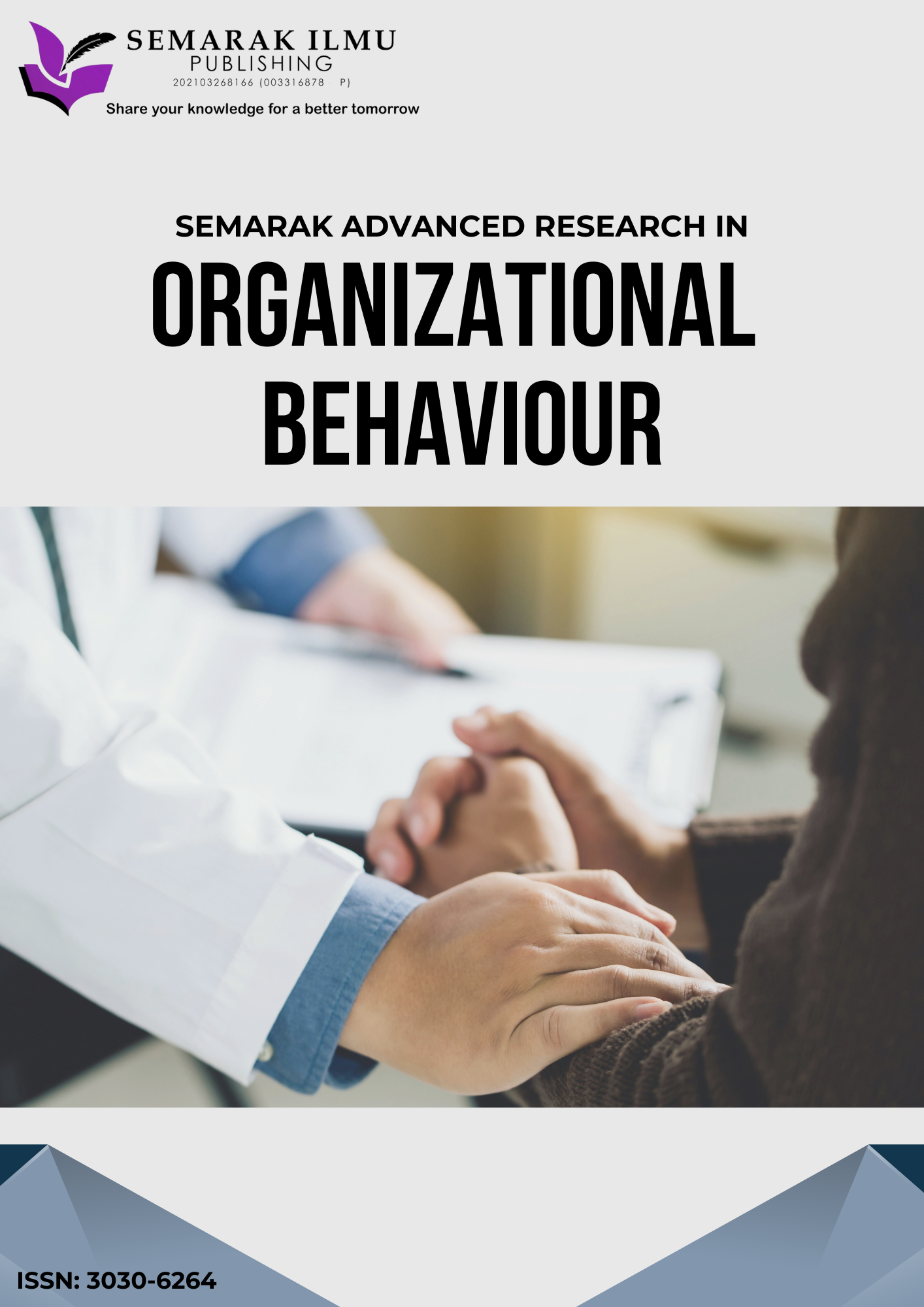The Impact of Lean Six Sigma on Organizational Sustainability
DOI:
https://doi.org/10.37934/sarob.5.1.1733Keywords:
Lean Six Sigma, organizational sustainability, human sustainability, social sustainability, economic sustainability, environmental sustainabilityAbstract
This study explores the role of Lean Six Sigma (LSS) in enhancing organizational sustainability (OS), focusing on its impact across human, social, economic, and environmental dimensions. A quantitative approach was used, with a survey conducted among LSS Yellow Belt practitioners at a public university in Malaysia. The data were analyzed using statistical methods, including mean, p-value, and F-value, to identify patterns and relationships. The findings reveal that integrating human sustainability into the traditional Triple Bottom Line (TBL) framework is crucial for OS. The study shows that LSS positively impacts all sustainability dimensions: it supports social sustainability through continuous improvement and collaboration, drives economic sustainability through innovation and cost reduction, and promotes environmental sustainability through waste minimization and resource optimization. This research contributes to the literature by highlighting the critical role of human sustainability within the TBL framework and demonstrating how LSS can enhance various aspects of OS. Organizations can improve employee well-being and overall sustainability by prioritizing human sustainability, gaining a competitive edge in the business environment.










